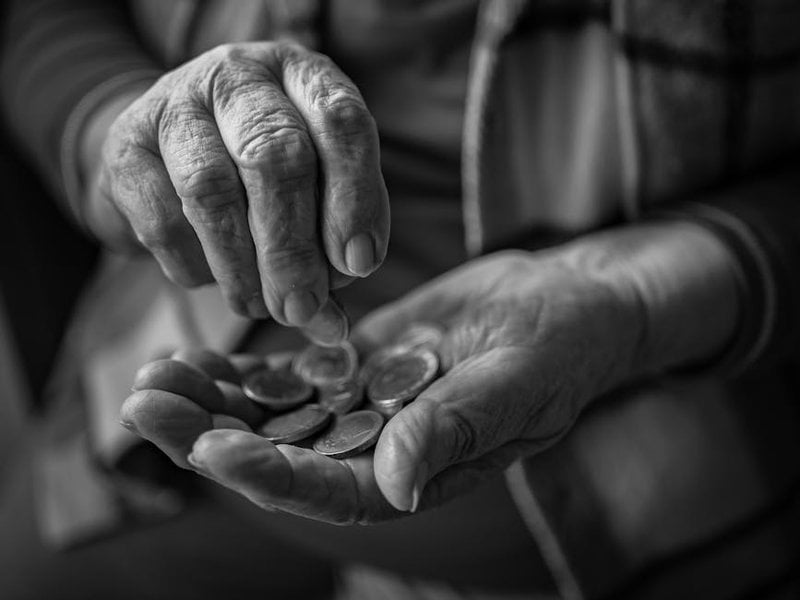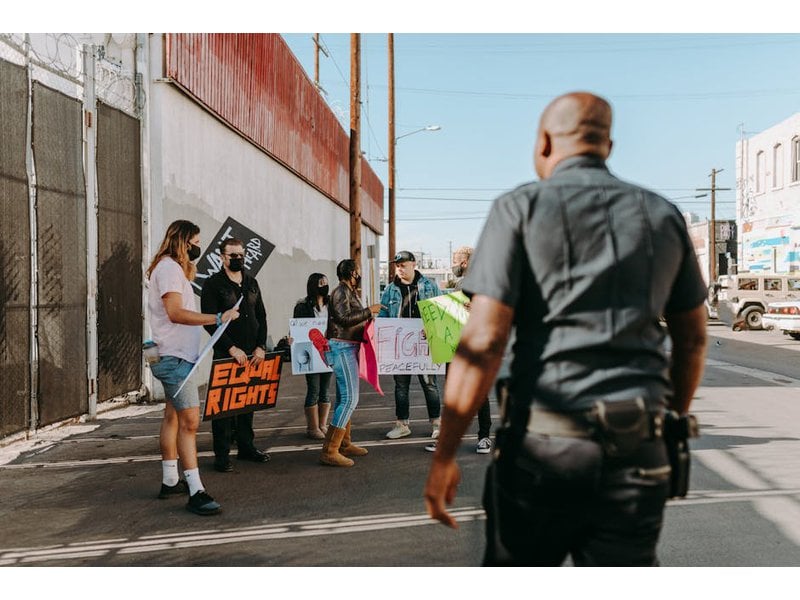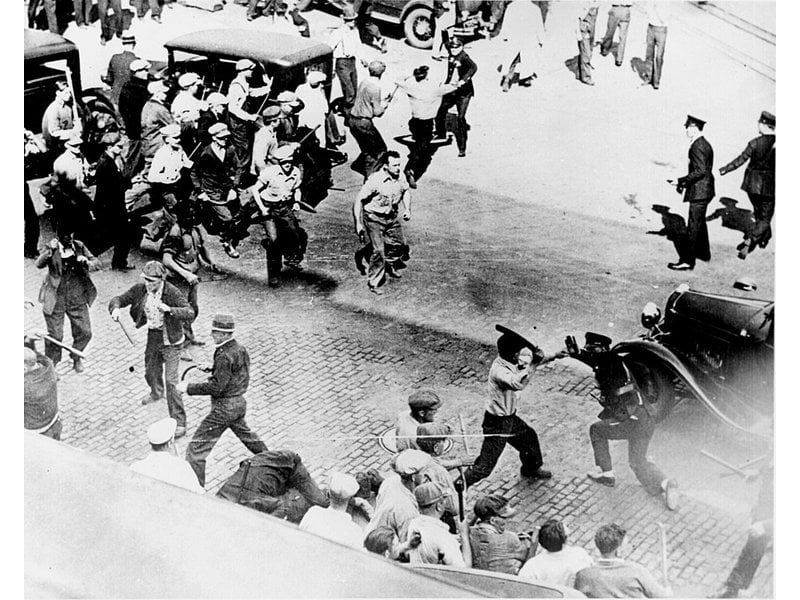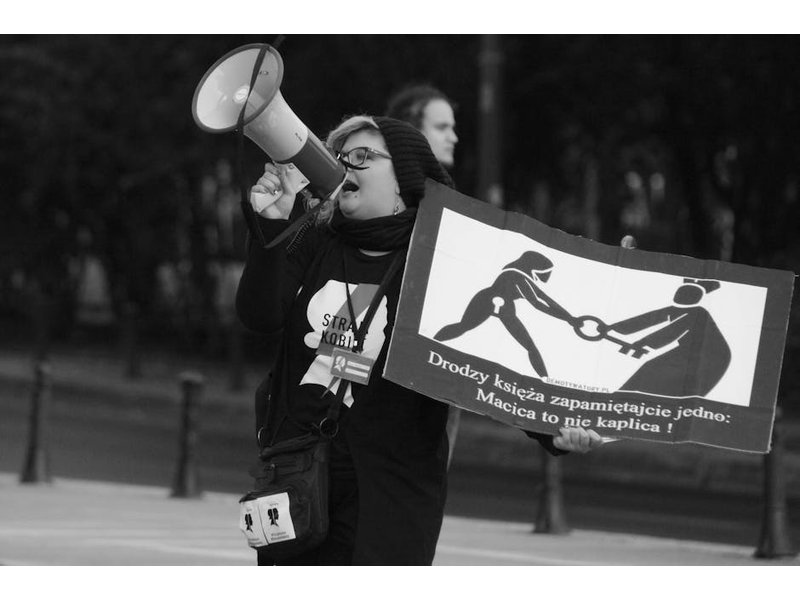079 producers boycott

"The producers’ boycott, or “selling strike,” 62 involves a refusal by producers to sell or otherwise deliver their products. It may even involve a refusal to produce the product, so that delivery becomes impossible. This form of noncooperation may be practiced by any type of producer, from farmers to manufacturers. The reasons may vary. In one case the motive may be a desire to boost prices by reducing available goods on the market. In another it may be a means of supporting boycotted fellow producers. At other times the producers’ boycott may be part of a wider noncooperation movement directed against a hostile or occupying regime."...
Potentially problematic matches
High scoring campaigns using this method
Historical cases from the Nonviolent Action Database that used this method
Iroquois women gain power to veto wars, 1600s
During the 1600’s the Iroquois Indian Nations, a group of several indigenous tribes in North America, engaged in warfare with many other tribes. The men controlled when and against whom they declared a war.\n\nTribal Iroquois women decided that they ...
LGBTQ+ Advocates and Corporate Boycotts on Indiana Senate Bill 101, 2015
On 26 March, 2015, U.S. Republican Governor Mike Pence signed Bill 101 into state law after the State Senate approved it by a vote of 40-10. The law, officially titled the “Indiana Religious Freedom Restoration Act” (RFRA), was set to take effect on ...
Kenyan Kamba tribe successfully resists colonial livestock control by the British, 1938
In the early 1900s livestock, often the currency of exchange, formed the foundation of the Kenyan Kamba tribe’s economy. A family’s herd size determined its wealth. As Britain colonized Kenya, this localized provisioning enabled the Kamba to remain r...
American colonials struggle against the British Empire, 1765 - 1775
The 13 English colonies in North America were established and grew during the 17th and 18th centuries. During most of this time, the colonists lived under what historians have termed “salutary neglect,” meaning that the English government mostly left...
Cocoa farmers in the Gold Coast successfully defend their livelihoods, 1937
Cocoa was essential to the economy of the British colony in the Gold Coast, which is now Ghana. Cocoa accounted for over 60% of exports. However, the European-dominated trade and the exploitative patterns of trade they faced often frustrated the many...
Dutch citizens resist Nazi occupation, 1940-1945
In May of 1940, the Netherlands was occupied by the Nazi war machine. At that time, the Netherlands had a total area of 33,000 square kilometers, and only approximately nine million people living there. The country was also relatively flat, with litt...
Environmentalists defend old forest in Clayoquot Sound, B.C., Canada, 1993
On the western coast of Vancouver Island, fir, cedar and spruce trees fill the rainforest of Clayoquot Sound, one of the last, large, untouched forests in British Columbia (B.C.). In April of 1993, Michael Harcourt, the province's premier, announced ...
Norwegian farmers stage a bread blockade for higher government subsidies 2012
In late April and early May of 2012, the Norwegian government and the National Farmers Union were negotiating about governmental support for agriculture. The National Farmers Union asked for 2.2 billion kroner in subsidies and other support to farmer...
Low scoring campaigns using this method
Historical cases from the Nonviolent Action Database that used this method
Norwegian farmers stage a bread blockade for higher government subsidies 2012
In late April and early May of 2012, the Norwegian government and the National Farmers Union were negotiating about governmental support for agriculture. The National Farmers Union asked for 2.2 billion kroner in subsidies and other support to farmer...





